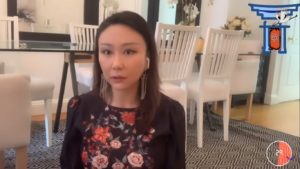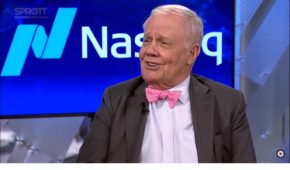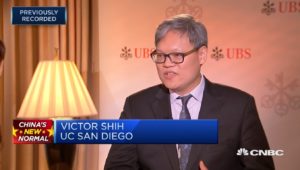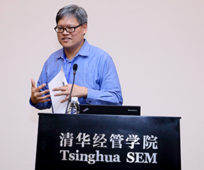
China’s currency, the yuan, still has a long way to go on its road to become an international currency, says political economist Shirley Ze Yu at the S&P Global. The need for China to internationalize its currency “is both strategic and opportune,” Yu said.
The S&P Global:
“The BRI (Belt&Road Initiative) region is China’s natural region to succeed in building a multilateral currency order, to rival the 20th-century U.S.-dominated global monetary system,” said Shirley Ze Yu, a political economist and a fellow at Harvard Kennedy School’s Ash Center.
To be sure, China needs to allow the yuan to float more freely. The digital yuan won’t be “a standalone entity,” Yu said, adding, the digital yuan cannot become a global center currency, unless the yuan “itself becomes one.”
The depth and width of the capital market is still the most significant variable, because no country or individuals would hold on to a yuan-denominated asset if there is insufficient market liquidity globally. The yuan “has a long road to travel still,” she said.
Yu said that it is crucial for China to internationalize the yuan now, especially since the U.S. dollar has enjoyed its reign as “the ultimate currency of last resort” post-World War II and dominates the global monetary system. The need for China to press the gas pedal on its yuan internationalization agenda also became more pronounced recently as the U.S. announced sanctions against Chinese and Hong Kong officials. China has to be prepared for its banks to be excluded from international monetary clearing systems, including SWIFT and CHIPS systems, down the line, she said.
The need for China to internationalize its currency “is both strategic and opportune,” Yu said. “In the current decade, we might inevitably see two parallel global monetary systems” — the dollar-based system and a rising and regional yuan-based system.
Shirley Ze Yu is a speaker at the China Speakers Bureau. Do you need her at your (online) meeting or conference? Do get in touch or fill in our speakers’ request form.
Are you looking for more financial experts at the China Speakers Bureau? Do check out this list.
































